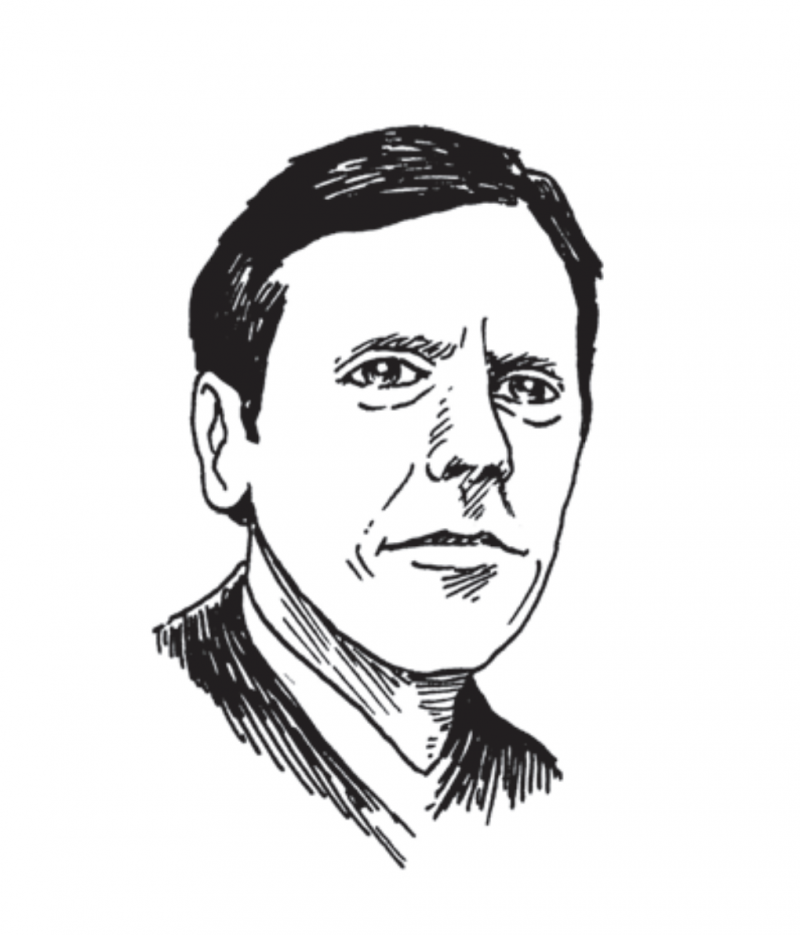The following interview of Will Eno by Patricia Mulgraw is part of the series “Ocean Conversations,” in which Patricia meets with artists, writers, and others from the Northeast and beyond. It took place at the Mulgraw home on Long Island, in December of last year. A bowl of fruit sat on the table in the sitting room in which the interview was conducted. The Atlantic Ocean was outside, down a long lawn.
WILL ENO: Hi.
PATRICIA MULGRAW:
WE: Where should we start?
PM:
WE: Is today not a good time?
PM:
WE: I was born up in Lowell.
PM:
WE: I was born up there. My father had an office in town. I’d always go with my mother on errands. [Pause] The car, I remember, was always sunny and warm. Bright inside, you know? That whole age just seems cinematic, somehow—just light and shadow and Mom and I driving around in it, to the sound of the engine. I guess that’s just the past in general. The cinematic thing, that feeling of life being a presentation you got to late and sat in the back for. You know? When I was very young, she played tennis.
PM:
WE:
PM:
WE: Sports were important. And pets. My mother was instrumental, with all that. She taught us that how people treat animals shows how they’ll go on to treat people. My mother taught me how to throw. Dad was funny with the dog, very formal.
PM:
WE: I’m not really used to the—this, like, format.
PM:
WE: We could talk more about when I was smaller. I was going through everything on the way here. I’m all boned up on my life. [Coughs] So, just, you know, shoot.
PM:
WE:
PM:
WE: She had so many errands to run and all us kids and my dad, and regular stuff like leaks and visitors and all the normal distractions. I was the smallest. “Last but not least,” we always kind of said. I’m amazed how she found time for tennis. We’d go to this shady court the town built. It had a slope to it and a lot of cracks. The dog and I sat near the water fountain. That’s some autobiography. Does anyone ever use that word like that? Like, “Hi, I’m an autobiographer.” We always had a dog. Is that leashes, over there? Over the doorknob?
PM:
WE: I guess you have a dog, or dogs. I don’t see any, but, I don’t know. You probably trained them really well. It’s so quiet. We always had dogs. To repeat. I could see a hunting dog around here, a hound. Some elegant thing, you know, who didn’t...
You have reached your article limit
Sign up for a digital subscription and continue reading all new issues, plus our entire archives, for just $1.50/month.
Already a subscriber? Sign in





